
Simple Tricks for Managing Impulse Control
Impulse control can feel like an overwhelming challenge to tackle. When we step back, we see there are some simple steps we can take to manage it.

Impulse control can feel like an overwhelming challenge to tackle. When we step back, we see there are some simple steps we can take to manage it.

Too often, we take these best practices as gospel-truth and get frustrated when we don’t see the results we expected. So what goes wrong?
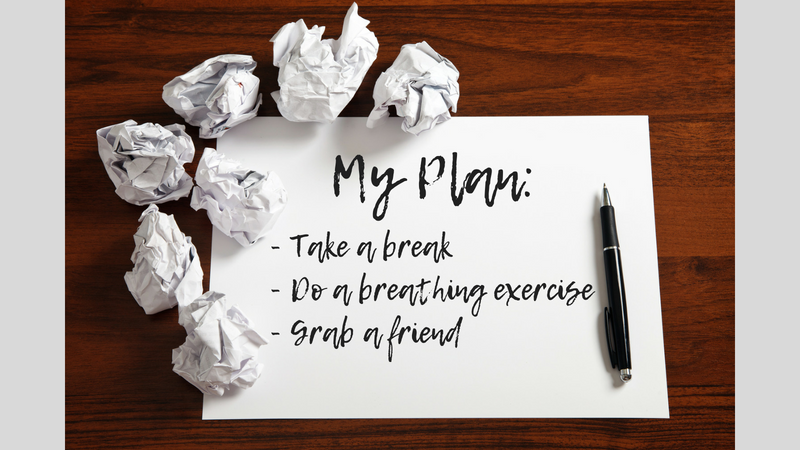
The point of the Cope Ahead Plan is to remove us from the position of victim and put us into a place of strength. We empower ourselves to take safe action.
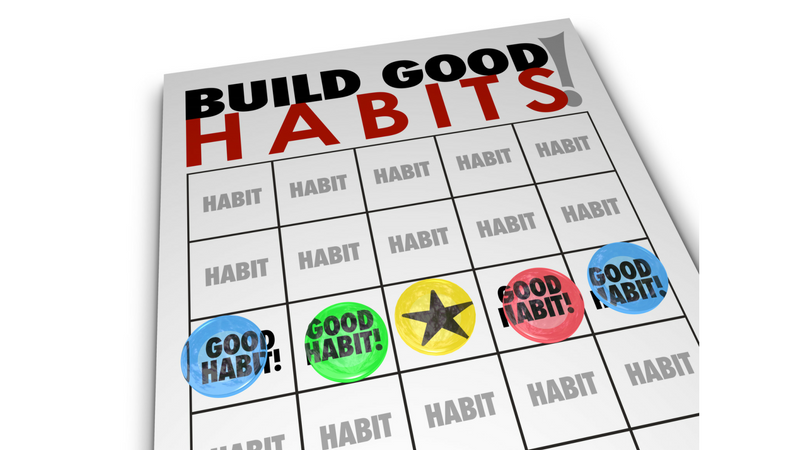
I savored my routine-free, spontaneous life, not realizing how much it was costing my mental health. Embracing routines has been my key to freedom.
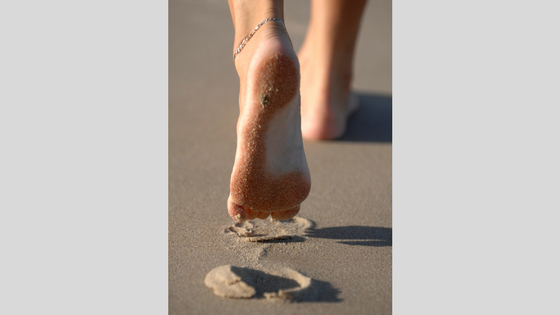
One thing I’ve learned is that your baby step may be my long jump. Sometimes, even baby steps are too big. That’s why I advocate for micro-steps.
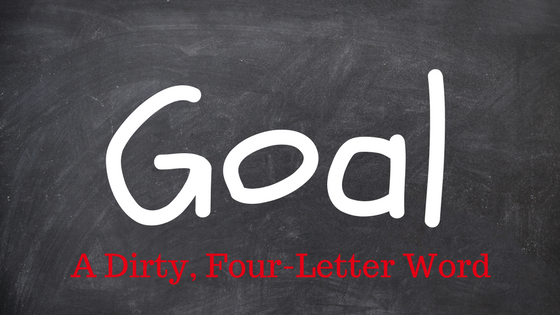
This is the time of year that every personal development writer starts using a dirty word: Goal. This year, I’m rebelling. I’m not setting any goals.
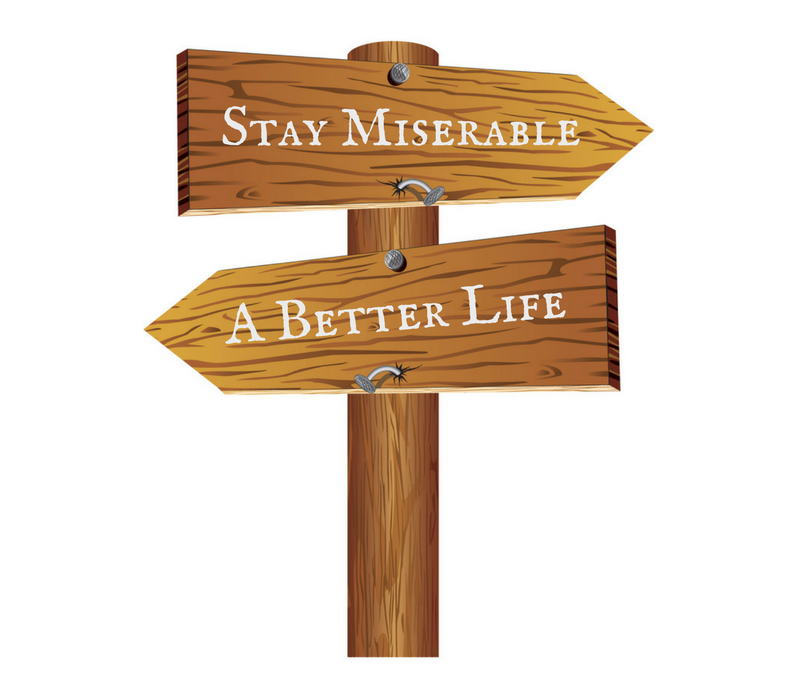
It’s exciting to witness that moment when someone realizes that their diagnosis means that a better life is possible for them.
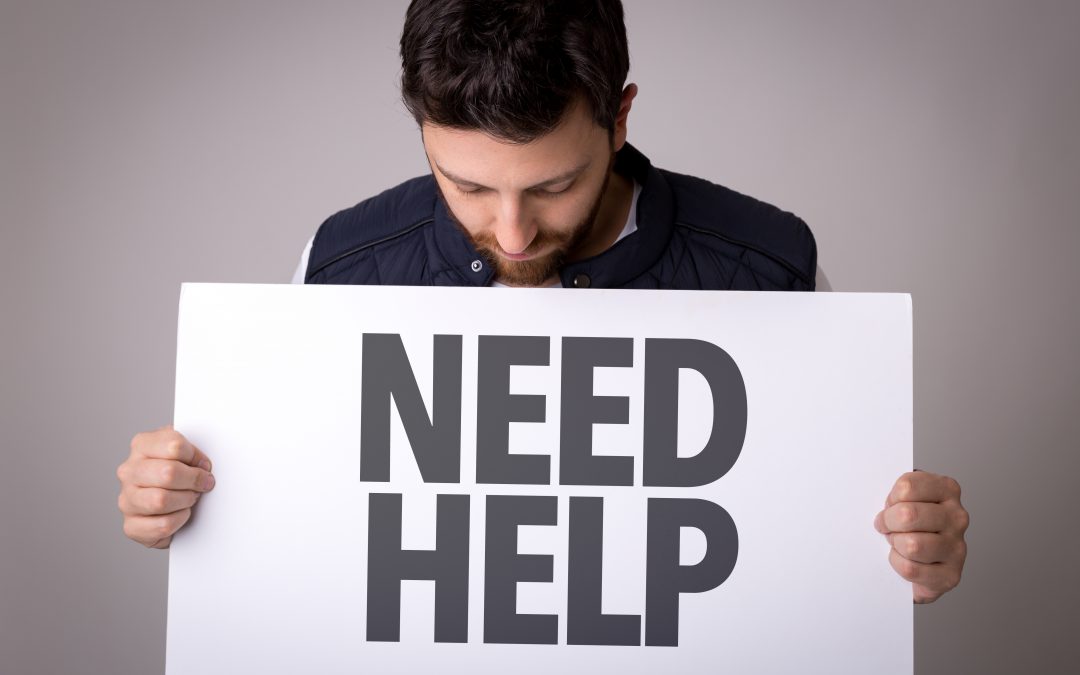
There are several excuses we give ourselves to explain why we don’t ask for the help we need. None of them are accurate, though we believe they are.
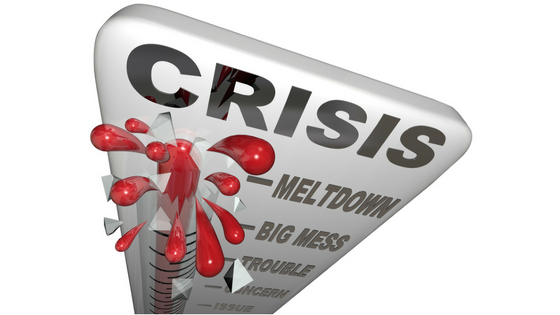
Emotional crises can happen anywhere and under even seemingly simple situations. Learning to manage a crisis scenario is critical.
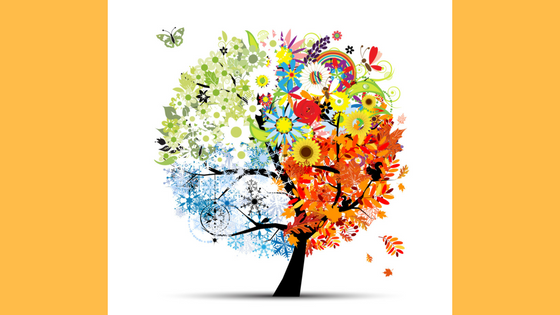
Many of our mood changes are cyclical. By tracking our moods, we can learn the identifying factors of a cycle change and take steps to manage them.
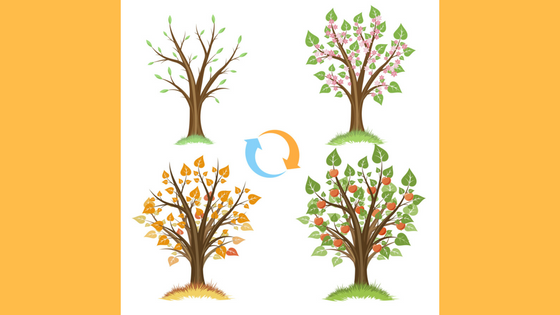
We can learn to manage our cycles and triggers and influence their impact upon our mental health. Doing so helps us get to a place of peace.
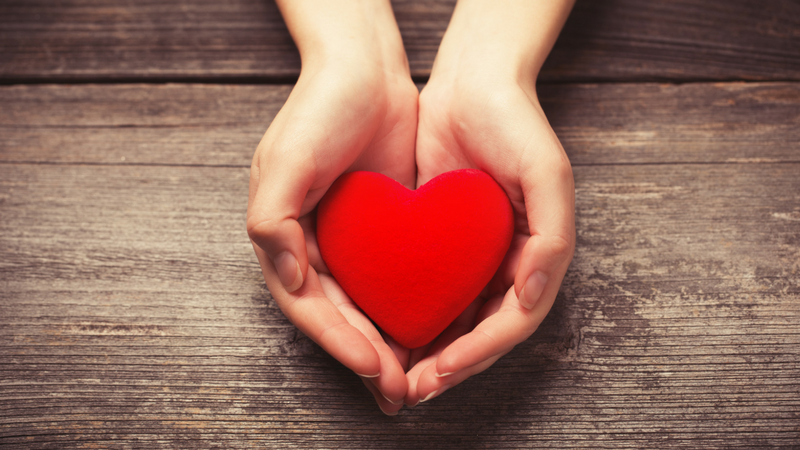
One piece of standard advice from mental health professionals to those on the road to recovery is to start giving. Sure, I’ve had a few moments when I’ve been glad I volunteered, but I’ve also felt resentful of the imposition on my time. Resentment and a giving heart do not go hand-in-hand. This time was different.

I’m not an alcoholic. I’ve never attended meetings, no DUIs, nothing matches what you might expect. Yet, my relationship with alcohol was a problem.
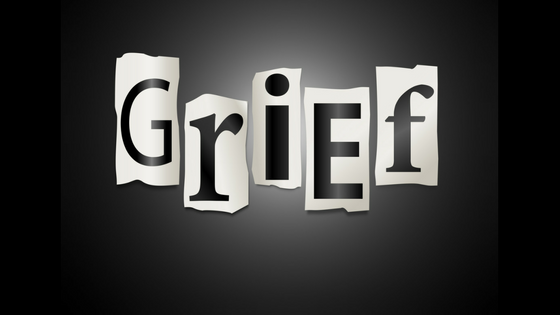
When we suffer a loss, we go through a grieving process. You may be surprised to learn the true stages of grief and how we experience them.
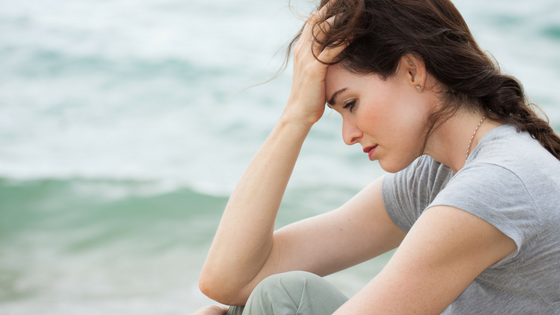
We often define grief as big, profound losses. What we miss in this simplistic definition are all the “little deaths” we experience in our lives.
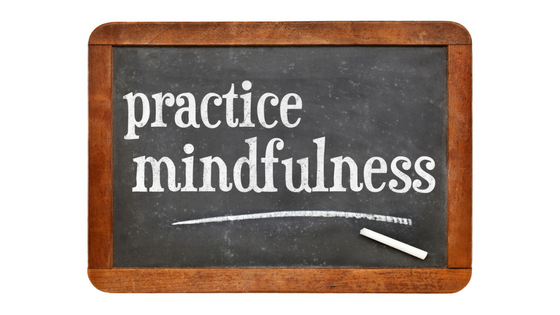
When we are numb to our emotions, we lose control of our environment and feel disconnected from those around us. Getting back in touch with our emotions helps us accelerate our return to mental health. Mindfulness is the key to uncovering and rediscovering our emotions.
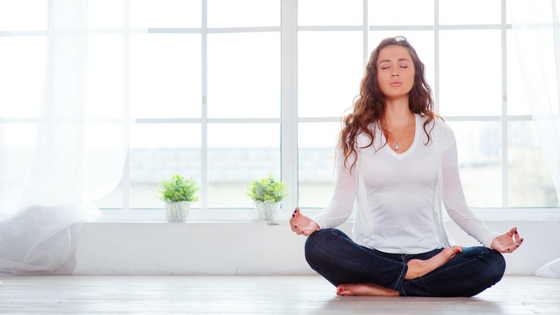
Meditation. It’s one of those words that brings up instant reactions for most people. For many, it brings with it a sense of spacey-sounding music and chanting. For others, there is an association with religion — particularly Taoist and “Eastern” philosophies. In reality, meditation is simply the practice of being still.
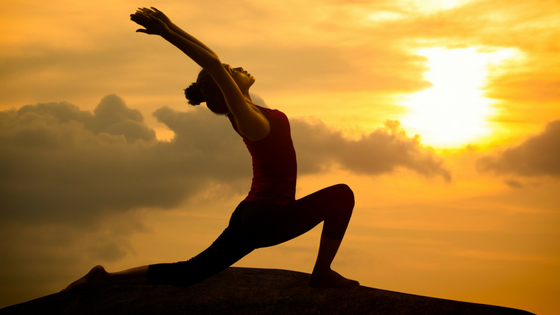
We hear a lot about coping strategies, and it’s not always clear what the term means. Eating better? Exercise? How are “coping strategies” different from “daily self-care?” Do we use them differently? All good questions. Let’s dive in, shall we?

Positive coping strategies help us handle the bumps and bruises life sends us. For some of us, using positive strategies doesn’t come naturally. Maybe we’ve tried before, with mixed results. We may even be afraid to change the way we respond to situations, because it could have impacts that we are not prepared to handle.

It’s almost a given that those of us living with mental illness have and use negative coping skills. Often, we know exactly what they are, too. I’ve sat in more than one group reading off a list of negative skills and with quiet nods of agreement all around me. Where they enthusiastically check off items on a list of positive skills we can try, the negative list is often left blank.
The color of shame.
The reality is negative coping skills exist for a reason. Somewhere we’ve learned them, for some reason we’ve developed them, in some way they benefit us. Understanding what these skills are, how we likely developed them, and what they do for us is important work if we want to learn how to live a better way. A healthier way. A less destructive way.